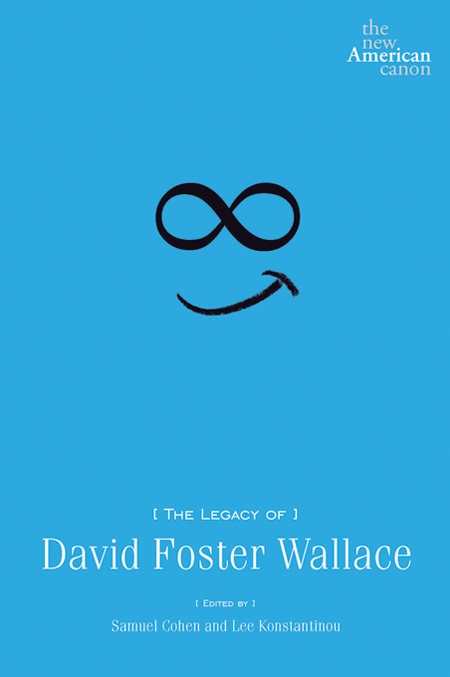The Legacy of David Foster Wallace
The novelist David Foster Wallace took his own life on September 12, 2008. This single fact colors virtually everything written about his work since then, a fact acknowledged in this collection of critical essays focusing on Wallace’s impact on contemporary literature. Samuel Cohen, an associate professor of English at the University of Missouri, and Lee Konstantinou, a postdoctoral fellow in Stanford University’s Program in Writing and Rhetoric, also acknowledge the impressive range and depth of Wallace’s short fiction and literary journalism while reserving most of their critical attention for Infinite Jest, his 1,104-page magnum opus.
The Legacy of David Foster Wallace is a mixture of critical essays interwoven with more informal meditations, many of which were delivered as eulogies at a memorial service honoring Wallace on October 23, 2008. These tributes and remarks (from friends and colleagues such as Jonathan Franzen, Rick Moody, and Dave Eggers) paint a portrait of a highly gifted and often tormented young man; in an interview entitled “Editing Wallace,” publisher Michael Pietsch describes a writer who could fight for (and justify) the inclusion of every word. These brief interludes occupy pages between long critical essays examining Wallace’s place in American literary history, his postmodernist influence, and the astonishing complexity—and, at the same time, complete accessibility—of Infinite Jest.
While The Legacy of David Foster Wallace may be aimed at both general and academic readers, a book that includes passages like this indicates a more specialized audience: “[M]etafiction either is an allegory for the breakdown of master narratives and coherent frames in the social world (the weak interpretation) or metafiction, because it changes our relation with language, actually breaks down our confidence in norms, values and conventions, such that we’re thrown in to a bottomless well of relativistic doubt (the strong interpretation).”
The broad range of essays in this book certainly expands our understanding of David Foster Wallace’s unique contribution to American fiction. It also reminds us, in George Saunders’s words, “In time—but not yet—the sadness that there will be no new stories from him will be replaced by a deepening awareness of what a treasure we have in the existing work. In time—but not yet—the disaster of his loss will fade, and be replaced by the realization of what a miracle it was that he ever existed in the first place.”
Reviewed by
Lee Polevoi
Disclosure: This article is not an endorsement, but a review. The publisher of this book provided free copies of the book to have their book reviewed by a professional reviewer. No fee was paid by the publisher for this review. Foreword Reviews only recommends books that we love. Foreword Magazine, Inc. is disclosing this in accordance with the Federal Trade Commission’s 16 CFR, Part 255.

